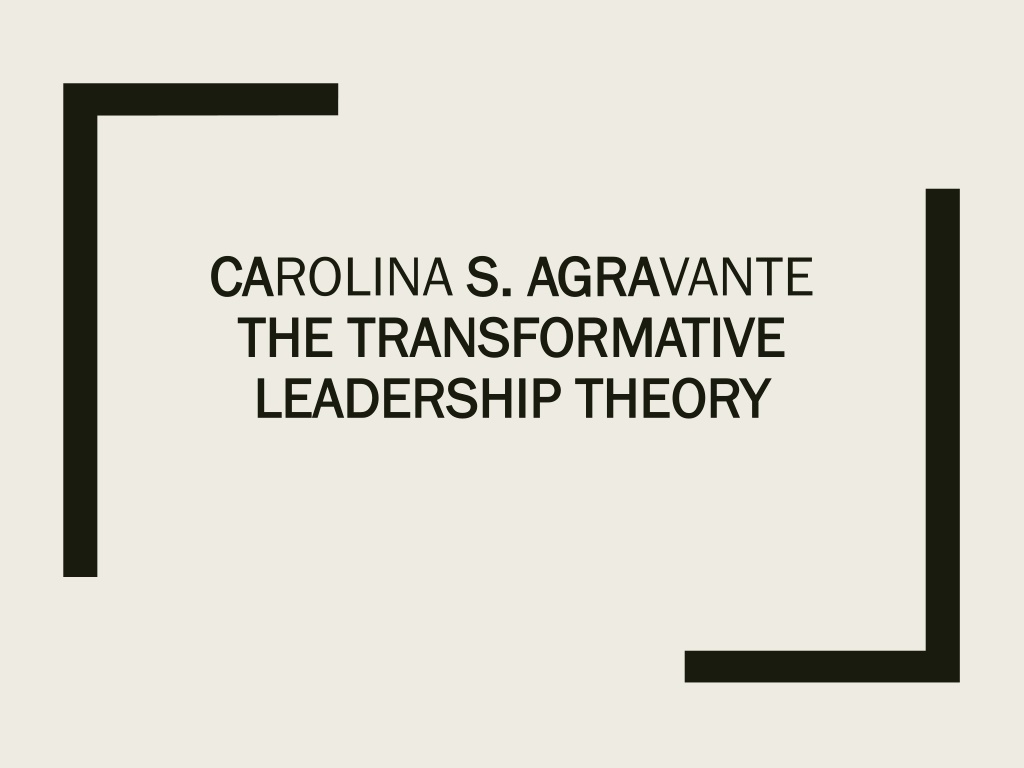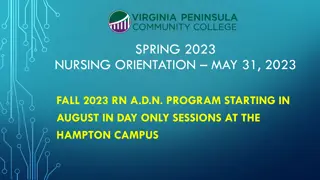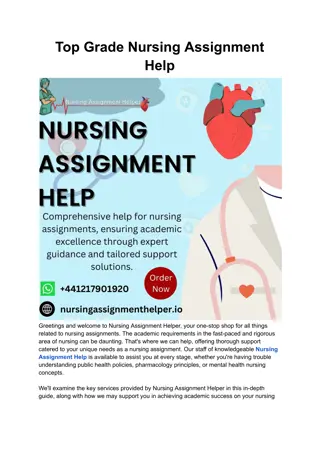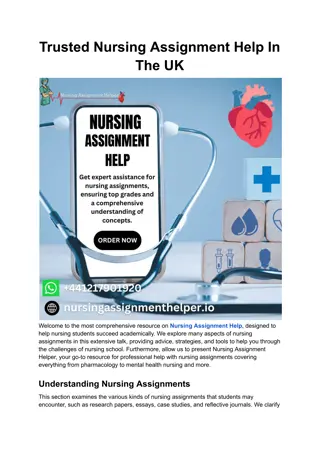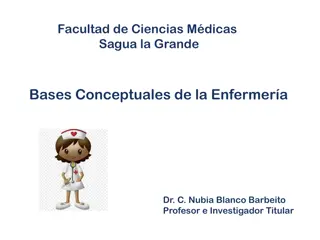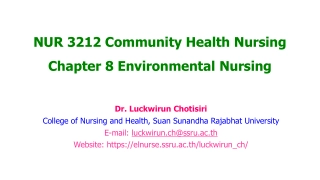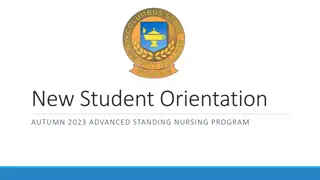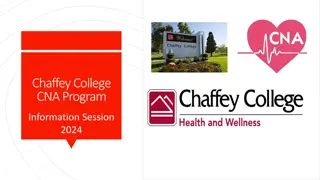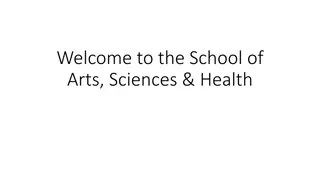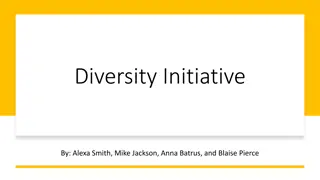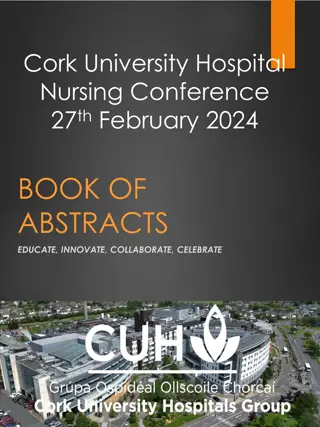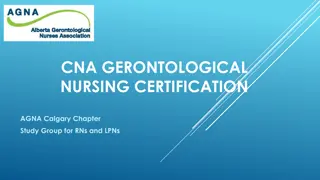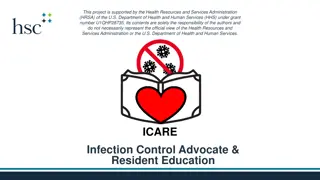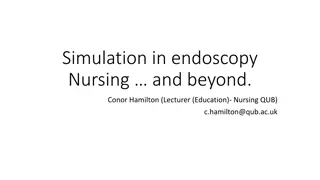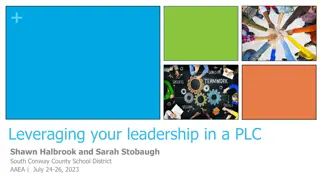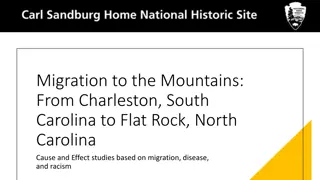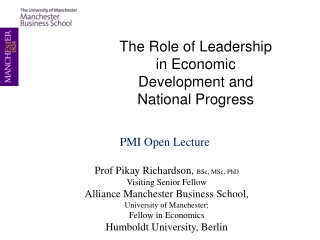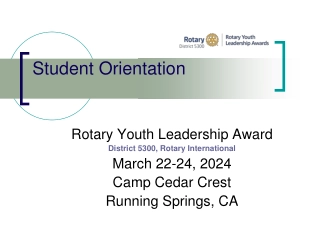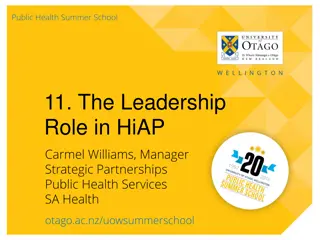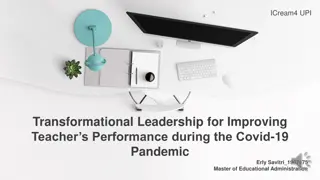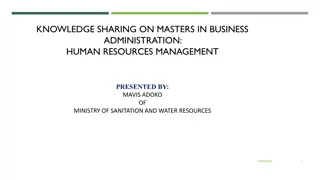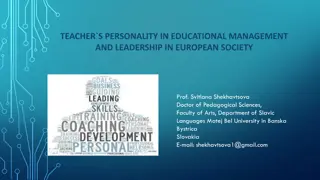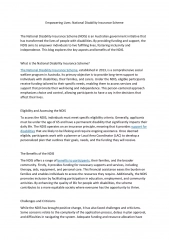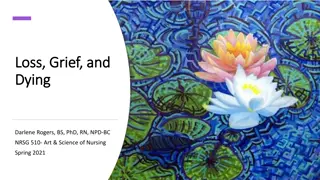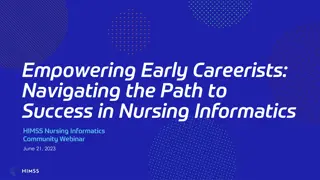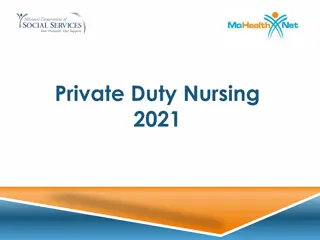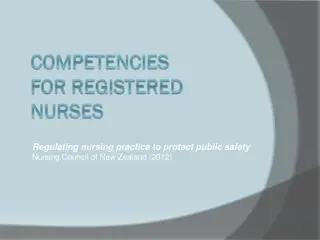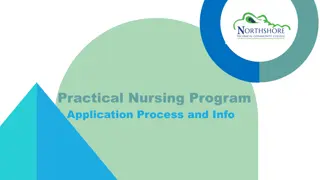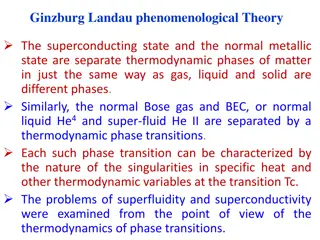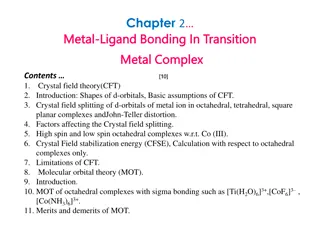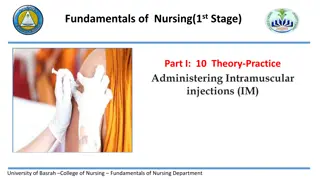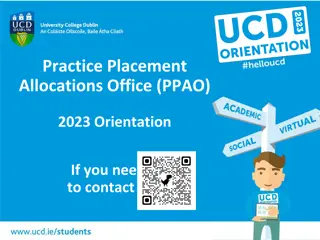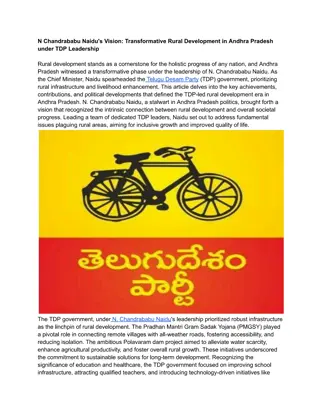Transformative Leadership Theory in Nursing Education by CA Carolina S
CA Carolina S developed the CASAGRA Transformative Leadership Theory, emphasizing servant-leader spirituality, self-mastery, and special expertise in nursing. She is a prominent figure in nursing education, with a background in academia and leadership roles in various nursing organizations. The theory aims to prepare modern professional nurses to address the challenges of society effectively. Through a Three-Fold Transformation Leadership Concept, she redefines the qualities required of nurses in today's demanding healthcare landscape.
Transformative Leadership Theory in Nursing Education by CA Carolina S
PowerPoint presentation about 'Transformative Leadership Theory in Nursing Education by CA Carolina S'. This presentation describes the topic on CA Carolina S developed the CASAGRA Transformative Leadership Theory, emphasizing servant-leader spirituality, self-mastery, and special expertise in nursing. She is a prominent figure in nursing education, with a background in academia and leadership roles in various nursing organizations. The theory aims to prepare modern professional nurses to address the challenges of society effectively. Through a Three-Fold Transformation Leadership Concept, she redefines the qualities required of nurses in today's demanding healthcare landscape.. Download this presentation absolutely free.
Presentation Transcript
CA CAROLINA S. THE THE TRANSFORMATIVE TRANSFORMATIVE LEADERSHIP LEADERSHIP THEORY S. AGRA AGRAVANTE THEORY
She finished her secondary education at St. Paul Univeristy - Manila (formerly St. Paul College - Manila) as class salutatorian. In 1964, she earned her BS Nursing degree in the same school as magna cum laude. In the same year, she passed the nurse licensure examinations as the board topnotcher. From 1967 to 1969, she studied Master s Degree in Nursing Education at Catholic University of America as a full-fledged scholar. In 2002, she earned her Doctoral Degree in Philosophy at University of the Philippines Manila - the same year her theory was published. She served as the president of St. Paul University - Iloilo, where she taught research subjects among senior students.
She was a former president of the Association of Deans of the Philippines Colleges of Nursing (ADPCN) as she became the representative in the International Nursing Congress that was held in Brunei in 1996. A year after, she was a part of a delegation that participated in the International Council of Nursing in Vancouver, Canada. Received a Service Award from the Philippine Accreditation Association of Schools, Colleges and Universities (PAASCU) for being one of the accreditors. One of the founding members of the Integrated Registered Nurses of the Philippines (IRNP). Currently, she is the President of St. Paul College - Ilocos Sur while performing the duties of the Vice-President for Academics. Moreover, she also functions as the program chair of the school's Department of Nursing.
The model is a Three-Fold Transformation Leadership Concept rolled into one, comprising of the following elements: 1. Servant 1. Servant- -Leader Spirituality Leader Spirituality; 2. Self 2. Self- -Mastery Mastery expressed in a vibrant care complex; 3. Special Expertise 3. Special Expertise level in the nursing field one is engaged in. These elements rolled into one make-up the personality of the modern professional nurse who will challenge the demands of these crucial times in society today.
The CASAGRA Transformative Leadership Theory is classified as a Practice Theory basing on the characteristics of a Practice Theory, which are the following: a. Complexity / Abstractness, Scope - Focuses on a narrow view of reality, simple and straightforward; b. Generalizibility /Specificity - Linked to a special populations or an identified field of practice; c. Characteristic of Scope Single, concrete concept that is operationalized; d. Characteristic of Proposition Propositions defined; e. Testability Goals or outcomes defined and testable; f. Source of Development Derived from practice or deduced from middle range theory or grand theory.
PURPOSE PURPOSE The present day demands in the nursing profession challenge nursing educators to revisit their basic responsibility of educating professional nurses who are responsive to technological, educational and social changes happening in the Philippines society today. The reopening of the doors of foreign market to Filipino nurses, migration made easy, attractive salaries and benefits way beyond what hospitals can afford to give. Nursing education is faced with a new concern that is globalization of nursing services for the international market. Therefore a need to develop globalization of care with focus on developing caring nurses. The formation of new nursing leaders is urgently needed; leaders with new vision who will venture new traits and who have gone through new formation in order to serve the society as professional nurse. Nurses need competent leaders with a dream of what nursing can be, whose basic stand is caring and service who are competent in nursing, assertive of their own rights with the help profession.
MAIN PROPOSITIONS MAIN PROPOSITIONS - CASAGRA Transformative Leadership is a psycho-spiritual model, was an effective means for faculty to become better teachers and servant-leaders. - Care complex is a structure in the personality of the caregiver that is significantly related to the leadership behavior. - The CASAGRA servant-leadership formula is an effective modality in enhancing the nursing faculty s servant- leadership behavior. - Vitality of Care Complex of the nursing faculty is directly related to leadership behavior.
KEY CONCEPTS KEY CONCEPTS - The CASAGRA Transformative Leadership Model have concepts of leadership from a psycho-spiritual point of view, designed to lead to radical change from apathy or indifference to a spiritual person. - Servant-leader formula is the enrichment package prepared as intervention for the study which has three parts that parallel the three concepts of the CASAGRA transformative leadership model, namely: the care complex primer, a retreat- workshop on Servant-leadership, and a seminar-workshop on Transformative Teaching for nursing faculty.
Special expertise is the level of competence in the particular nursing area that the professional nurse is engaged in workshop is the spiritual exercise organized in an ambience of prayer where the main theme is the contemplation of Jesus Christ as a Servant-leader. - Servant-leadership behavior refers to the perceived behavior of nursing faculty manifested through the ability to model the servant leadership qualitiesto students, ability to bring out the best in students, competence in nursing skills, commitment to the nursing profession, and sense of collegiality with the school, other health professionals, and local community.
Nursing leadership is the force within the nursing profession that sets the vision for its practitioners, lays down the roles and functions, and influences the direction toward which the profession should go. - Transformative teaching may also be termed Reflective teaching, an umbrella term covering ideas, such as thoughtful instruction, teacher research, teacher narrative, and teacher empowerment. - Care complex is the nucleus of care experiences in the personality of a nurse formed by a combination of maternal care experiences, culture based-care practices indigenous to a race and people, and the professional training on care acquired in a formal course of nursing.
Three Three- -Fold Transformative Fold Transformative Leader Concept Leader Concept The Servant Servant- -Leadership Spirituality Leadership Spirituality here is prescribed to run parallel to the generic elements of the transformative leadership model. This formula consists of a spiritual exercise, the determination of the vitality of the care complex in the personality of an individual and finally a seminar workshop on transformative teaching. The servant-leader formula prescription includes a spiritual retreat that goes through the process of awareness, contemplation, story telling, reflection, and finally commitment to become servant-leaders in the footsteps of Jesus. www.handhygiene.ca
The Self possessed to a certain degree by all who have been through formal studies in a care giving profession such as nursing. Self- -Mastery Mastery consists of a vibrant care complex The Special Special- -Expertise critical, contemplative and collegial teaching of the nurse faculty who is directly involved with the formation of the nursing. Expertise level is shown in a creative, caring, www.handhygiene.ca
FRAMEWORK www.handhygiene.ca
SUMMARY SUMMARY Indeed, Sr. Carolina s CASAGRA Transformative Leadership Theory is timely in this ever fast-paced world. Nursing as a profession is inevitably changing and the demand to be at par with technology made it more competitive. Nursing students need nursing teachers to look up to. Embodied with these three concepts, it is timely to put this theory into practice. www.handhygiene.ca
